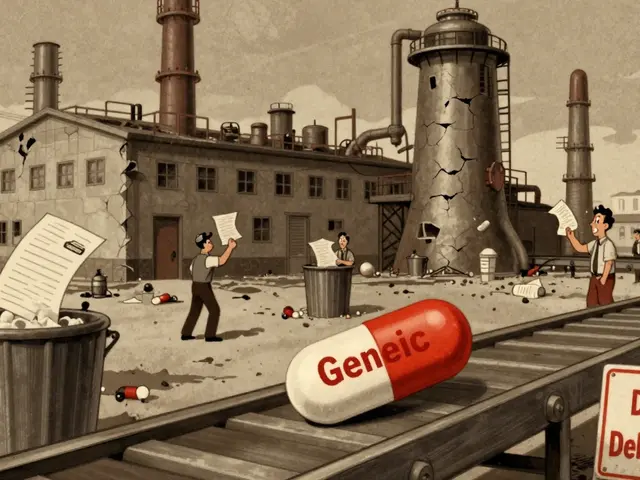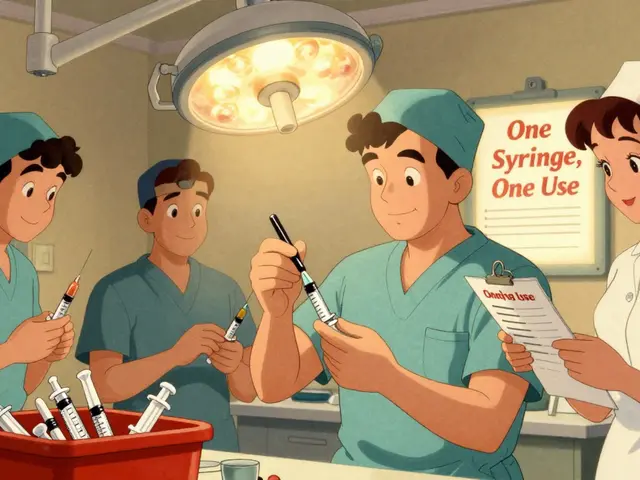Trace Minerals – Tiny Nutrients with Big Impact
If you’ve ever heard the term “trace minerals” and wondered what it means, you’re not alone. These are the minerals your body needs in tiny amounts, but they play huge roles in everything from energy production to immune defense. Think of them as the backstage crew that keeps the show running smoothly.
Why Trace Minerals Matter
Even though you only need milligrams or micrograms of each, missing out can cause noticeable problems. Iron helps carry oxygen in your blood, zinc supports wound healing and taste, copper works with iron to make red blood cells, selenium powers antioxidant enzymes, and iodine is essential for thyroid hormones. Each mineral has a specific job, and they often team up with vitamins and other nutrients.
When you get enough of these micronutrients, you’ll notice better energy, a stronger immune system, clearer skin, and more stable mood. The downside of a shortfall can be fatigue, frequent colds, hair loss, or slow growth in kids.
Everyday Food Sources to Fill the Gaps
Finding trace minerals isn’t a mystery – they’re in many familiar foods. Here’s a quick cheat sheet:
- Iron: red meat, poultry, beans, lentils, fortified cereals, spinach.
- Zinc: oysters, beef, pumpkin seeds, chickpeas, dairy.
- Copper: liver, nuts, seeds, whole‑grain bread, dark chocolate.
- Selenium: Brazil nuts (just a couple a day), tuna, turkey, brown rice.
- Iodine: iodized salt, dairy, seaweed, eggs.
- Manganese: nuts, whole grains, tea, leafy greens.
Mixing these foods into your meals throughout the week usually covers the daily needs. If you’re vegetarian or vegan, pay extra attention to iron, zinc, and iodine – plant sources are there, but they’re less absorbable, so pairing them with vitamin C can help.
Most adults can meet their trace mineral requirements through a balanced diet, but certain groups—pregnant women, athletes, older adults, and people with digestive disorders—might need a little boost. Before reaching for a supplement, talk to a healthcare professional. Over‑doing minerals can be just as harmful as not getting enough; for example, too much selenium can cause nausea, while excess iron can damage organs.
In short, trace minerals are the unsung heroes of nutrition. Keep your plate colorful, include a handful of nuts or seeds, and don’t skip the seafood or legumes. Your body will thank you with steady energy, a resilient immune system, and overall better health.
Maximize Your Well-being with Lithium: The Surprising Supplement for Mental Health
Explore the overlooked benefits of lithium as a dietary supplement, its role in mental health, daily sources, safety tips, and practical guidance for boosting your well-being.





